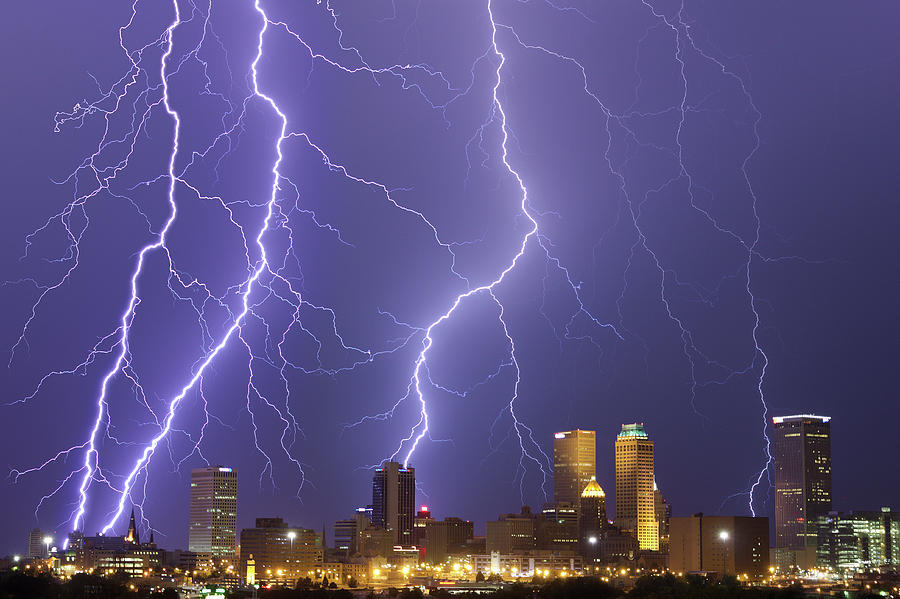#58 Postby Category5Kaiju » Thu Dec 24, 2020 2:35 pm
Alright, so let's assume the WMO does indeed decide to abolish the Greek alphabet system after considering all of the reasons mentioned so far in this discussion thread against naming storms Greek letters (as well as the quite obvious issue of Eta and Iota being extremely powerful and catastrophic storms that deserve to have their respective "names" uniquely tied with the historic events that unfolded in Central America over the span of two weeks). What system should take over? I think at this point there are two major camps: have 2 auxiliary, normal name lists (one for an even year and one for an odd year) or don't use auxiliary lists and instead go with a rolling set of names (that is, lists 1-6 are kept but used without regard to year, so Eta and Iota would have been Grace and Ida respectively and Julian would start off the 2021 season with this method).
Here's what I personally think: I support the rolling set of names idea, and here are several reasons why.
1. There are several names like Van or William that have never been used ever since the advent of the current naming policy, and with this method such names would have a surefire chance of being used at some point in the future (in other words, all possible letters and names are represented equally and definitively).
2. With 126 possible names that can be used in a given season, even with better satellite tech and global warming, there is a solid 0 percent chance that a given season in the future would exhaust names anytime soon, and the questions of "what if we run out of names to use" will be squashed.
3. Using this method, the effects of the "I" named storm occurring during peak season and therefore being the powerful storm that frequently needs to be retired would be at least slightly mitigated as various seasons could feature an I storm in their beginning or end. We are running out of commonly recognizable I names due to how many have been retired so far if I am not mistaken.
4. If an oddball storm were to exist in late December and early January, it could get confusing if we have pre-designated naming lists for specific years (for example, why was so-and-so storm's name from the 2021 list but existed in 2022?). By using this method, we eliminate the idea that each naming list must correspond with a certain year, and names are used whenever there is a tropical cyclone regardless of the date.
5. The WPAC, CPAC, Australia, and South Pacific basins all use rolling set of names, so this technique isn't anything alien. I understand we are used to the A-first every season idea, but I would think only meteorologists and wx enthusiasts would really pay close attention to the statistics and intricate details of each season, so if this new policy is adapted and the general public is informed on how it works as well as informed by news articles on a season's progress and the storms that form, then I have a feeling this policy could work. Not to mention names are used for the public to remember especially if the name is from a devastating storm as well as for scientific history/literature purposes, so imho I really don't think alphabetization with A first every season is as important as some people would think.
These are just my thoughts. Constructive criticism, objections, suggestions, and approvals are all warmly welcome.
4 likes
Unless explicitly stated, all info in my posts is based on my own opinions and observations. Tropical storms and hurricanes can be extremely dangerous. Refer to an accredited weather research agency or meteorologist if you need to make serious decisions regarding an approaching storm.












